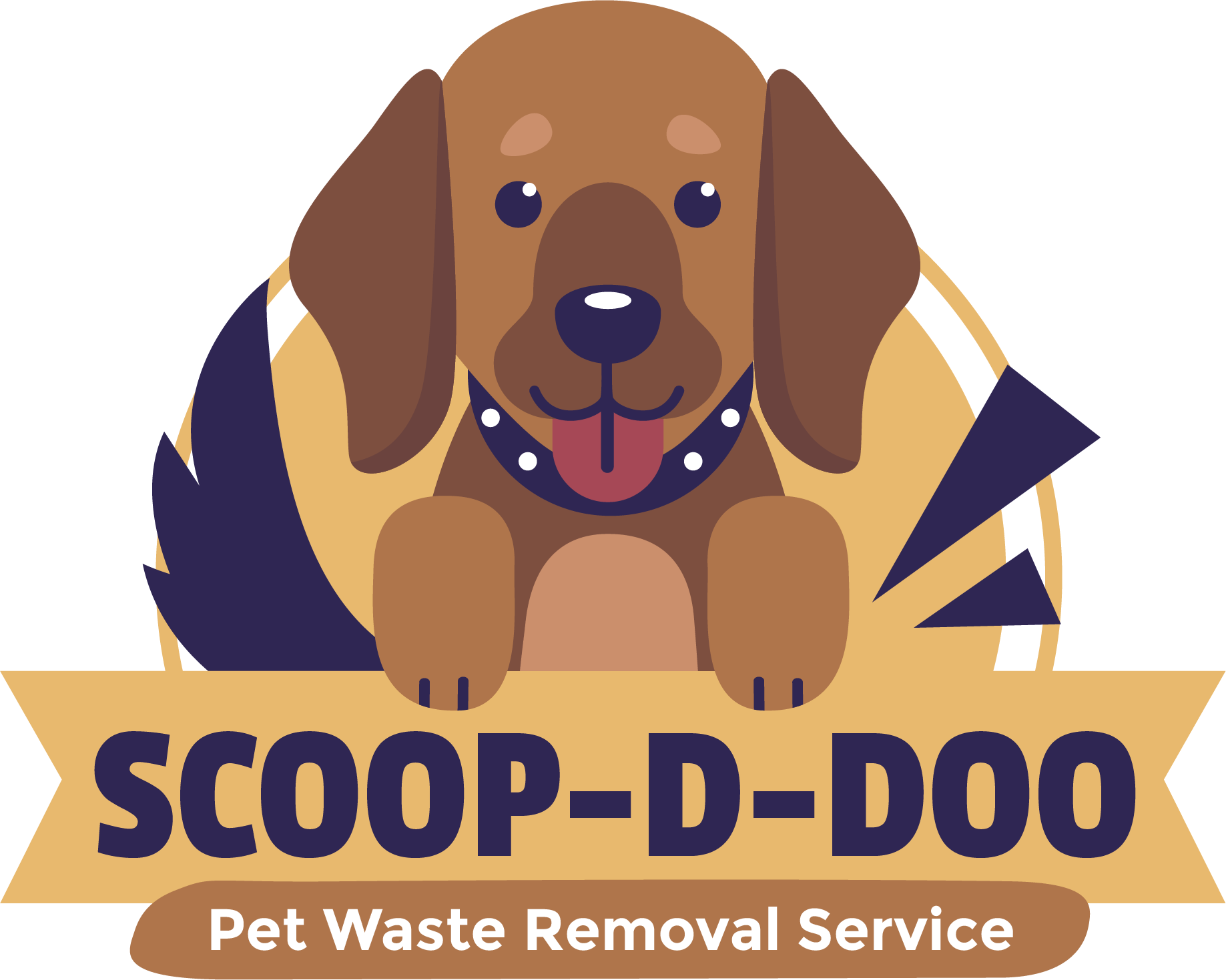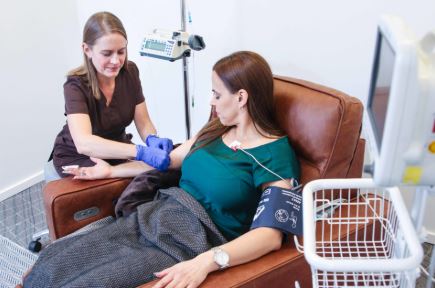Propranolol for Dogs: A Solution for Anxiety and Behavior Issues

Strong 8k brings an ultra-HD IPTV experience to your living room and your pocket.
Understanding Canine Anxiety and Behavioral Issues
Dogs, just like humans, can experience anxiety and behavioral issues that affect their quality of life. Whether it's excessive barking, fear of loud noises, or separation anxiety, these issues can make it challenging for pet owners to manage their furry companions. While training and behavioral modification techniques are essential, some dogs may require additional help in the form of medication. One such medication is propranolol, a beta-blocker commonly used in humans but also beneficial for canines dealing with anxiety and behavioral concerns.
What is Propranolol?
Propranolol is a beta-blocker that affects the body's response to stress hormones like adrenaline. It works by slowing the heart rate and reducing the physical symptoms of anxiety, making it an effective option for dogs with extreme nervousness, situational anxiety, or even aggressive tendencies triggered by stress.
While propranolol is not a sedative, it helps regulate the physiological reactions that accompany fear and anxiety. This can be especially useful for dogs that experience heightened stress during thunderstorms, fireworks, or vet visits.
How Does Propranolol Work in Dogs for Behavior Management?
When a dog experiences stress, its body releases adrenaline, which triggers the "fight or flight" response. This results in symptoms such as increased heart rate, rapid breathing, trembling, and hyper-reactivity. Propranolol blocks the effects of adrenaline, helping the dog remain calm and reducing its stress-related behaviors.
Veterinarians often prescribe propranolol for dogs with:
Noise phobia (fireworks, thunderstorms, loud construction)
Generalized anxiety disorder
Separation anxiety
Situational stress (vet visits, car rides, unfamiliar environments)
Compulsive behaviors triggered by stress
Mild aggression linked to anxiety
Benefits of Propranolol in Dogs for Behavior Management
Reduces Physical Symptoms of Anxiety: Dogs with severe anxiety often experience physical symptoms like a racing heart or trembling. Propranolol helps control these reactions, making them feel more at ease.
Enhances Training and Behavior Modification: When dogs are overly anxious, training efforts may be less effective. By calming the dog’s nervous system, propranolol can make behavioral training more successful.
Supports Dogs with PTSD-like Symptoms: Some rescue dogs with traumatic pasts may benefit from propranolol as they adapt to a new, safe environment.
Improves Quality of Life: Dogs experiencing chronic stress can develop long-term health issues. Propranolol aids in preventing excessive stress-related strain on their bodies.
How to Administer Propranolol to Dogs
Propranolol is available in tablet or liquid form and is usually given orally. The dosage depends on the dog's weight, health condition, and severity of anxiety. Veterinarians typically start with a low dose and adjust as needed.
Important Considerations:
Give with food: This can help prevent stomach upset.
Follow the vet’s dosage instructions carefully: Overdosing can cause severe side effects, including lethargy, dizziness, and dangerously low heart rate.
Monitor your dog’s response: Some dogs may require a few weeks to show noticeable improvements.
Potential Side Effects of Propranolol in Dogs
While propranolol is generally safe when used under veterinary supervision, some dogs may experience side effects, including:
Low blood pressure (hypotension)
Fatigue or lethargy
Dizziness
Upset stomach
Slow heart rate (bradycardia)
If you notice any adverse reactions, contact your veterinarian immediately.
Natural Alternatives to Propranolol
While propranolol can be highly effective, some pet owners prefer natural alternatives. These may include:
CBD Oil: Known for its calming effects, CBD oil may help reduce anxiety in some dogs.
Valerian Root: A natural herb used to promote relaxation.
Behavioral Training: Positive reinforcement and desensitization techniques can help address anxiety in dogs.
Routine and Exercise: Ensuring a dog gets enough physical activity and mental stimulation can naturally alleviate stress.
Propranolol and the Role of a Pooper Scooper Service
Managing an anxious dog involves more than just medication and training—it also means maintaining a clean and stress-free environment. A pooper scooper service can help pet owners manage their dog’s waste efficiently, reducing odors and maintaining a sanitary backyard where the dog feels comfortable.
Dogs are highly sensitive to their surroundings, and a messy or unclean space can contribute to anxiety. By keeping their environment clean, owners can remove unnecessary stressors, allowing their dogs to focus on relaxation and play instead of worrying about their surroundings.
When to Consult Your Veterinarian
If you suspect your dog has severe anxiety or behavioral issues that impact their well-being, consult your veterinarian. They can assess your dog’s condition and determine whether propranolol or other treatment options are appropriate. A vet will also consider any underlying medical conditions before prescribing propranolol.
Signs That Your Dog May Need Propranolol:
Frequent trembling or shaking
Excessive barking at minimal triggers
Pacing or restlessness
Destructive behaviors (chewing furniture, excessive digging)
Difficulty calming down after being startled
Final Thoughts: Is Propranolol Right for Your Dog?
Propranolol in dogs for behavior issues can be a valuable tool in managing anxiety, stress, and situational fears. While it’s not a cure-all, it can be an effective part of a comprehensive plan that includes training, environmental management, and possibly other medications or natural supplements.
If you're considering propranolol for your dog, work closely with a veterinarian to ensure the right dosage and treatment plan. By taking the right steps, you can help your dog lead a calmer, happier, and healthier life.
Additionally, don't underestimate the benefits of maintaining a clean environment with the help of a pooper scooper service. A stress-free space contributes to a relaxed and well-balanced dog.
Note: IndiBlogHub features both user-submitted and editorial content. We do not verify third-party contributions. Read our Disclaimer and Privacy Policyfor details.







